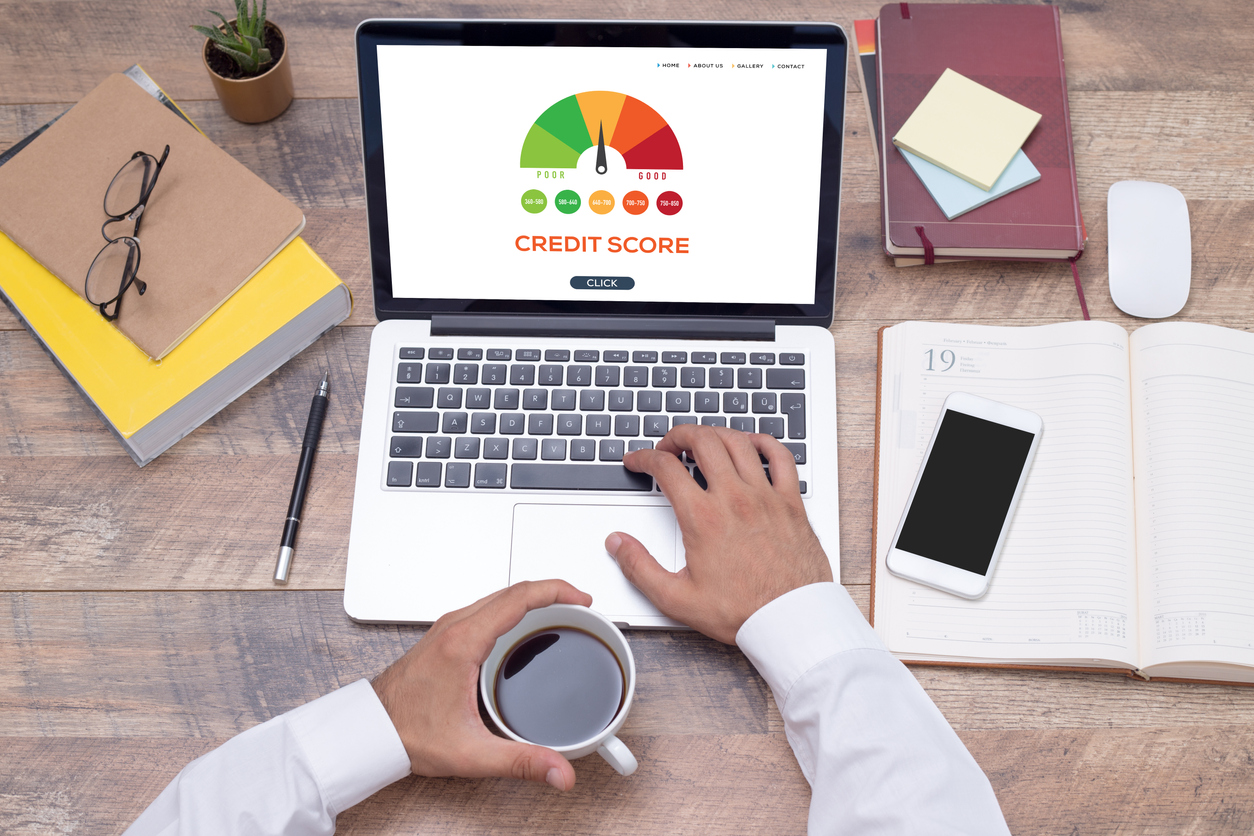What is a Credit Score? How Does It Affect Your Mortgage?
Getting a mortgage in the UAE is the easiest way to own your dream home. Banks like First Abu Dhabi Bank, Dubai Islamic Bank, Emirates NBD, etc., offer attractive mortgage rates to first-time buyers and investors. These however do require a credit report and credit score in good standing. Some real estate companies like DAMAC and FAB Properties need a credit report well before you can even buy or rent any of the properties.
What is a Credit Report?
The credit report provides the banks and other financial institutions with a detailed account of your financial transactions. Specifically, if you have ever taken a loan, whether you defaulted on any previous loans or repaid a loan in full earlier etc. It also gives an overview of your current financial status and your capability to repay the mortgage.
To get the credit report in the UAE, you need to contact the Al Etihad Credit Bureau (AECB). The financial institution is responsible for calculating the credit scores of 4.5 million people and 200,000 companies daily. Your credit report can be generated through the AECB online website and consists of vital information like your full name and Emirates ID.
What is a Good Credit Score?
In the UAE, credit scores are three-digit numbers ranging from 300 to 900. Your credit score is dependent on your entire credit history in the UAE. Things like when you pay your bills, defaulted payments, bounced checks, legal issues, number of credit cards in your name, types of bank accounts, and so on, are all taken into consideration.
If your credit score is under 700, this means you have a poor or low credit score. This score may be due to some bad financial dealings in the past like not paying your credit card bills on time. A good credit score to have in the UAE is 700 or above. This indicates that you are financially strong and are responsible for your financial dealings.
How does the Credit Score Affect Your Mortgage?
Banks and financial institutions use the credit report and your current credit score to measure your eligibility for mortgage loans. Any deviation can affect your mortgage like:
- Whether you are deemed capable of repaying the mortgage loan which directly co-relates to you getting the mortgage application approved or rejected.
- Your mortgage rate is impacted by your credit score as those over 700 can benefit from a lower rate than those below 700.
- The mortgage loan amount that is approved also is affected as those above 700 can get up to 80 percent against the buying price.
- Even the duration of the mortgage loan is dependent on your credit score with lower scores often given 10 to 15 years against the 25 years or more offered to high credit scores.
Sound Advice for Perspective Buyers
It is advisable to get a credit report every year if you have no outstanding loans and every three to six months if you have loans. Credit card scores do change over time, especially if you follow good financial practices like paying bills on time etc. By keeping tabs on your credit score, you can avoid getting rejected when you apply for a loan to buy your dream home.

